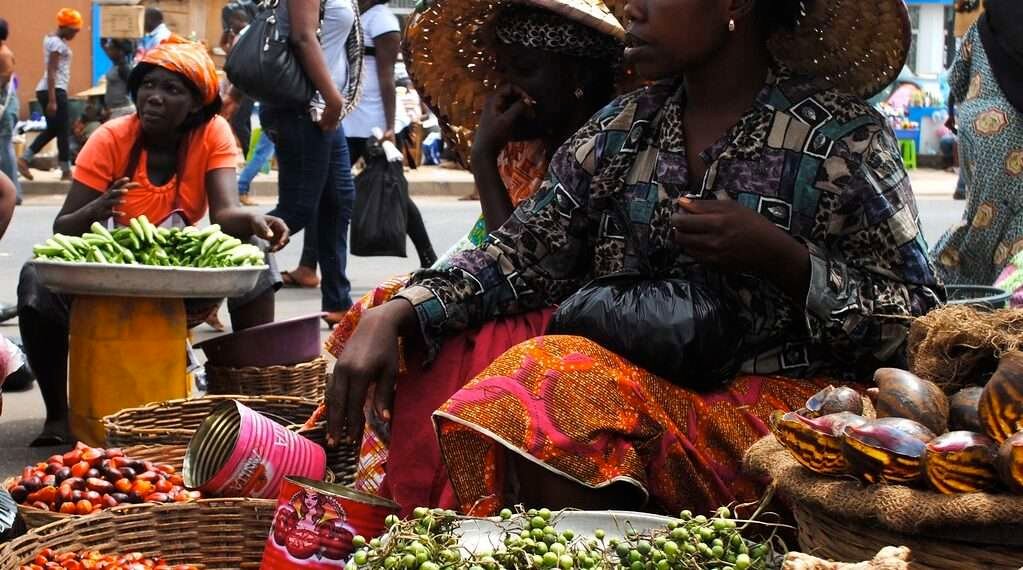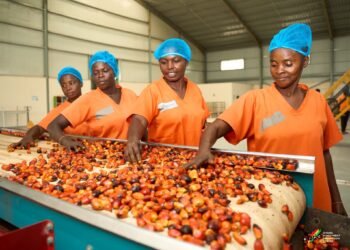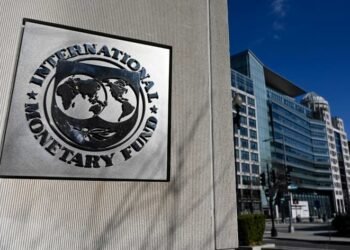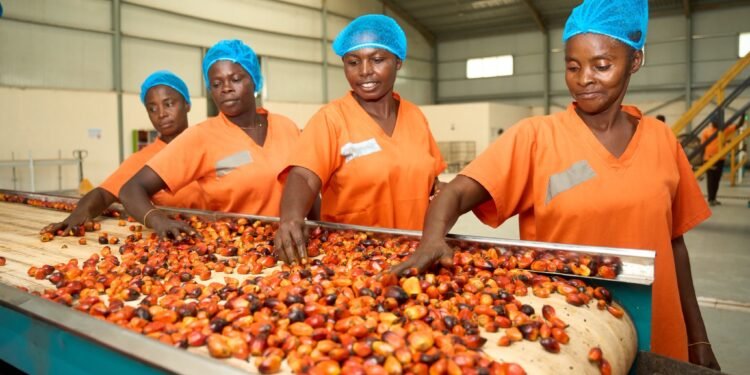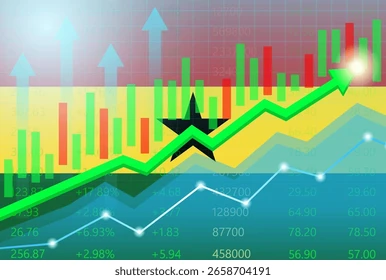A report by the Chamber of Agribusiness Ghana has revealed that disruptions in the supply chain would increase Ghana’s food inflation resulting in food insecurity.
Ghana’s food prices are poised to keep climbing even after jumping to a record in March, placing the heaviest burden on vulnerable populations while adding headwinds to the nation’s economic recovery. According to a report by Trading Economics, Ghana’s food inflation rose to 18% in 2022.
According to inflation-adjusted figures from the United Nations Food and Agriculture Organization, food commodity prices rose 23.1 percent last year, the fastest pace in more than a decade. February’s reading was the highest since 1961 for the gauge tracking prices for meat, dairy, cereals, oils, and sugar.
According to the report, the aggravation of the Russia-Ukraine War and the consequent sanctions against Russia will put more strain on developing economies, with resultant consequences including increasing energy prices and worries of famine. This famine is well-represented in every argument on the world stage, and developing economies are well-versed in it.
“The significant supply chain disruption as a result of this war has the potential to spark something far more critical than the Cold War, with an Iron Curtain isolating the West from Russia. Global supply lines established by Western firms after the fall of the Berlin Wall more than three decades ago could be severely disrupted. In this way, the COVID-19 pandemic exacerbated the already-disordered supply chains, which are frequently large networks of resources, money, information, and people that businesses rely on to distribute goods or services to consumers, significant shortages, disruptions, and price inflation. “
CAG report
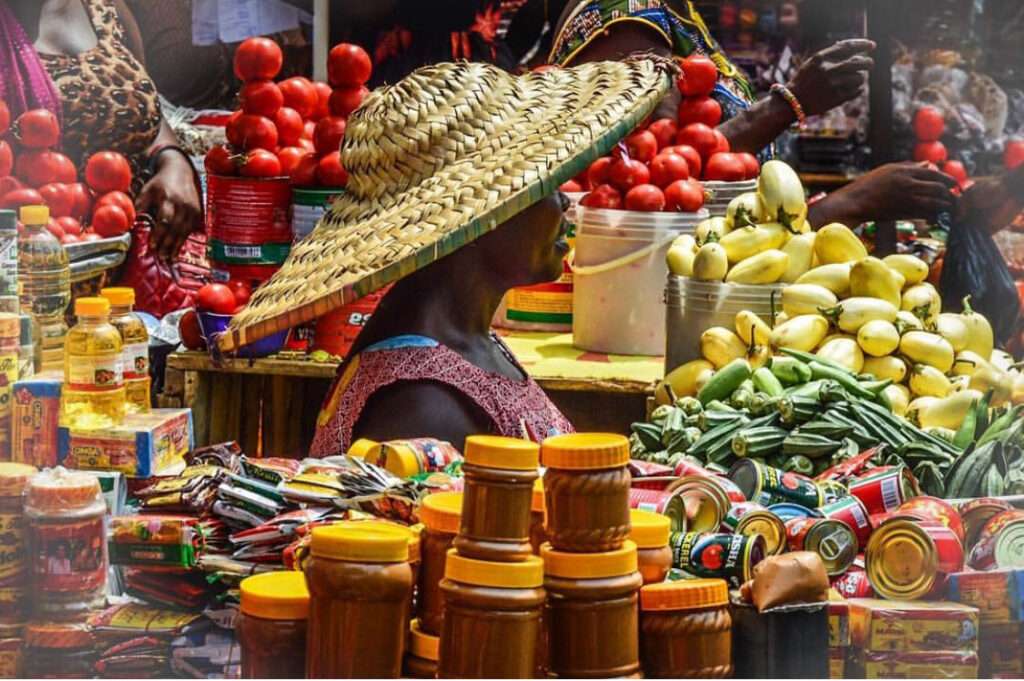
Remedies to Ghana’s food inflation
Food inflation in Ghana has been on the rise in recent months. Thus, price volatility and a weakening cedi, and the effects of fuel price increases are the main drivers exposing the Ghanaian economy’s challenging times. Also, big producers and importers’ supply constraints cast a bleak picture of Ghana’s economy, with severe consequences for food security and sustainable value chains.
The poor and marginalized in urban suburbs and rural poor will be the hardest hurt. As a result, urgent fiscal adjustments and practical actions are needed to ensure cedi stability, consistent and steady inflation trends, and fuel price stability are required.
“To develop a national mindset about home-grown solutions and an attitude of working to build our economies, citizens in Ghana should be conscientious, and institutions should be strengthened to inculcate development mindset in citizens, particularly among youth, who are the future leaders of our countries. Everything that a people may accomplish requires purposeful efforts, work ethics anchored in change, and structures based on consensus and collaborative involvement.”
CAG report
The food inflation outlook in Ghana is highly uncertain. If commodity prices ease and pandemic-induced global supply chain disruptions resolve, food inflation could moderate. However, high food inflation could persist if inflation supply chain disruptions continue.
Fighting food insecurity through targeted social assistance and insurance can help Ghana cope. Avoiding trade barriers and improving access to finance, seed stocks, insecticide, fertilizer, and irrigation is also important.
Most importantly, prices of goods must be regulated by the government to avoid indiscriminate pricing of food commodities; also, cutting down on importation, and designing agricultural interventions or programmes to feed the nation in the coming years would help.
READ ALSO: We Need More Clarity On Expenditure Items To Be Cut – Tax Policy Analyst

